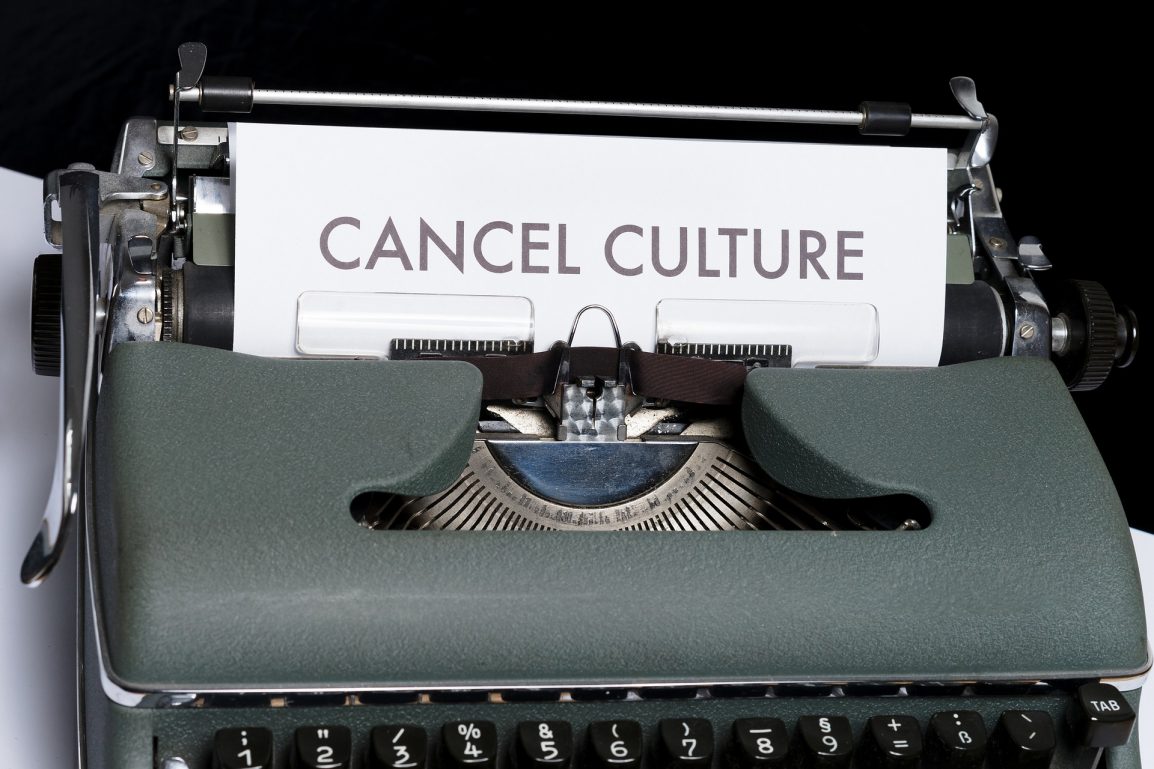The dictionary definition of “cancel,” per Merriam Webster, is to “destroy the force, effectiveness or validity of.”When people say they’re canceling a famous person, that’s essentially what they’re trying to do. They want to take away their power or their cultural capital. They want to diminish their significance, whether it’s a personal boycott or a public shaming.
Cancel culture should be canceled.
Publicly shaming someone, no matter what they have done, is never okay. People make mistakes, and some people do them publicly, in the face of social media. Unfortunately, those people end up paying the price and facing many consequences, purely because of a simple mistake. The term ‘canceling’ only makes the situation worse- as you are not giving the person being ‘canceled’ a chance to share their side of the story. Cancel culture also fuels negativity and rivalry between different groups that share different opinions, which does not create an inclusive community on social media. Cancel culture also sparks hatefulness and rivalry between groups.
Some people argue that cancel culture is justified because celebrities are facing repercussions for their actions. Others complain that it’s is an unfair form of “gotcha.”After old tweets surfaced last year that revealed homophobic language by Kevin Hart, fellow comedian Billy Eichner came to Hart’s defense, saying people sometimes rush to judgment. Eichner said he doesn’t like the culture of bringing up past tweets and using them against someone.
The term cancel culture (also known as call-out culture) is a form of public shaming which occurs on social media (usually Twitter) that aims to hold people accountable by calling attention to behavior that is deemed problematic.
According to the article ‘The Atavism of Cancel Culture’ by Robert Henderson, people enjoy coming together against a perpetrator, and while that communication can increase social status and bring group members closer together, it also leads to the possibility of failure. People start searching for the misdeeds of others because it offers a rise in social status at little cost. Psychology Today states that ‘cancel culture reduces the social status of enemies’ and ‘strengthens social bonds.’ If there is an activity that will elevate the status of oneself or one’s group, people will do it. Cancel culture can also apply in school, too. For example, if a student at my school did something questionable on social media, they would become the laughingstock of our grade. They would not be given a chance to talk about what really happened and share their side of the story. Instead, they would only see the side that was shown on social media, and the student would be ridiculed for that.
Cancel culture has affected and tarnished the reputation of many celebrities and social media influencers. For cancel culture to be obliterated, we need to be able to establish trust on social media with other groups and break the cycle. You must take the initiative and speak out against actions that are not always moral. That means, when you see someone posting rude things about others on social media and attempting to ‘cancel’ them, take the initiative to delete those posts, or find a way for the person being ‘canceled’ the share their side of the story. Yes, people make mistakes- some far worse than others. But I believe that there are much more efficient ways to deal with their mistakes than opposed to ‘canceling’ them online and publicly shaming them.

